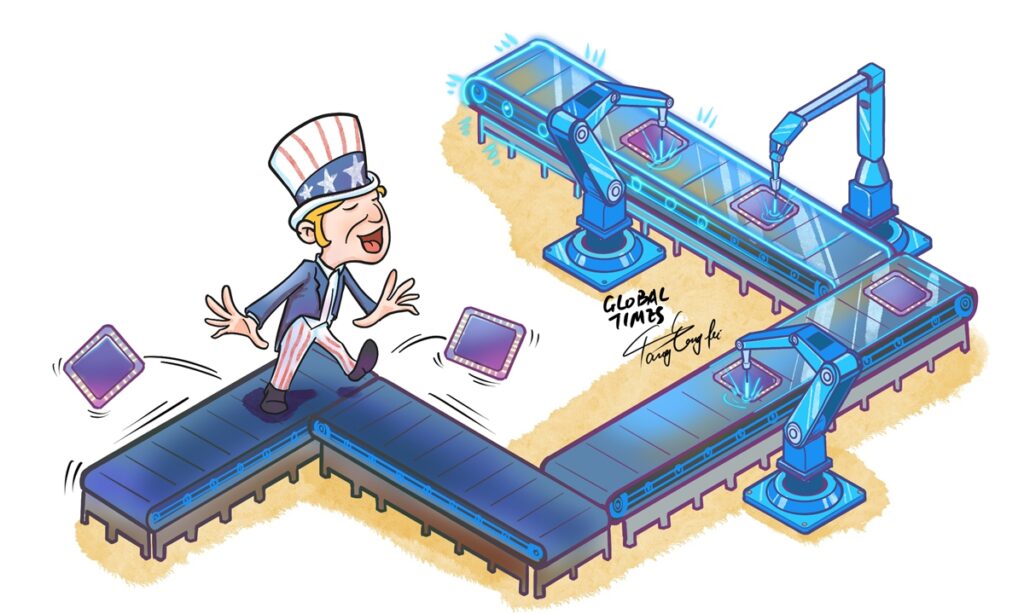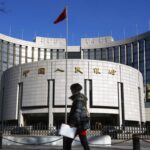The Dutch foreign minister “confirmed that the Netherlands and the US are holding discussions on blocking ASML Holding NV from selling to China technology used in making a large chunk of the world’s chips,” Bloomberg reported Thursday.
While it is unclear whether Bloomberg accurately presented relevant information, it is worth noting that the reported conversations between the US and the Netherlands are not enough to show the latter’s position on whether it’s possible to ban ASML to sell key equipment to China.
There is no need to read too much into the conversations. “It does make sense that you always liaise with friends when certain goods have broader strategic implications and ramifications across the globe,” Dutch foreign minister Wopke Hoekstra was quoted by Bloomberg as saying. “Of course you have conversations about that, and that we do,” Hoekstra said.
No matter what’s the Netherlands’ attitude toward the issue, the reported conversations made one thing clear: the US continues to link trade issues with politics and adopts coercion diplomacy as leverage to push forward its technological blockade. Currently, a global shortage of key components for cars and electronics has made the fierce competition in semiconductors even more cutthroat. It’s understandable that the US wants to restore its leading position in semiconductors and contain its competitors’ development in the chip sector.
Given that ASML dominates the global market for lithography machines critical to making chips out of silicon wafers, it comes as no surprise that Washington tries to use the Dutch firm as a tool to strengthen its technological blockade. The lobbying effort by the US show the world how Washington is using political coercion and engaging in technological terrorism in complete disregard of international rules and the Dutch firm’s interests.
Shares in ASML fell after Bloomberg reported on July 5 that the US government wants to restrict the company from selling equipment to the world’s second largest economy. China is ASML’s third-largest export market, representing around 16 percent of the company’s sales in 2021, according to Reuters.
A report from guancha.com said in June that ASML’s Chinese team will continue to expand this year, and it is planned to hire more than 200 staff in China to keep up with growth in the country. The Dutch firm will suffer heavy blows if it loses the market under US political coercion, and the Netherlands’ semiconductor industry will also lose competitive advantage in the sector carrying “broader strategic implications.”
By lobbying the Netherlands to ban ASML from selling lithography machines to China, the ultimate goal of the US is to disrupt the global industrial chain. The US used to lead the world in global semiconductor manufacturing but recent statistics reveals the nation has lost its edge over recent decades. The Biden administration has, on the one hand, shown its determination to restore US semiconductor manufacturing at home, and on the other hand, try to hinder global competitor’s development and create a kind of technological terrorism.
Technological terrorism is one of the critical issues causing economic and financial problems in the world. Many consumer products have been hit by a chip shortage that began choking the global economy since 2020 and continues today. Any lobbying that further destroys the global supply chain should be boycotted by all parties in the international community, including the Netherlands.
The author is a reporter with the Global Times. bizopinion@globaltimes.com.cn
Source:- Global Times
Illustration: Tang Tengfei/Global Times




